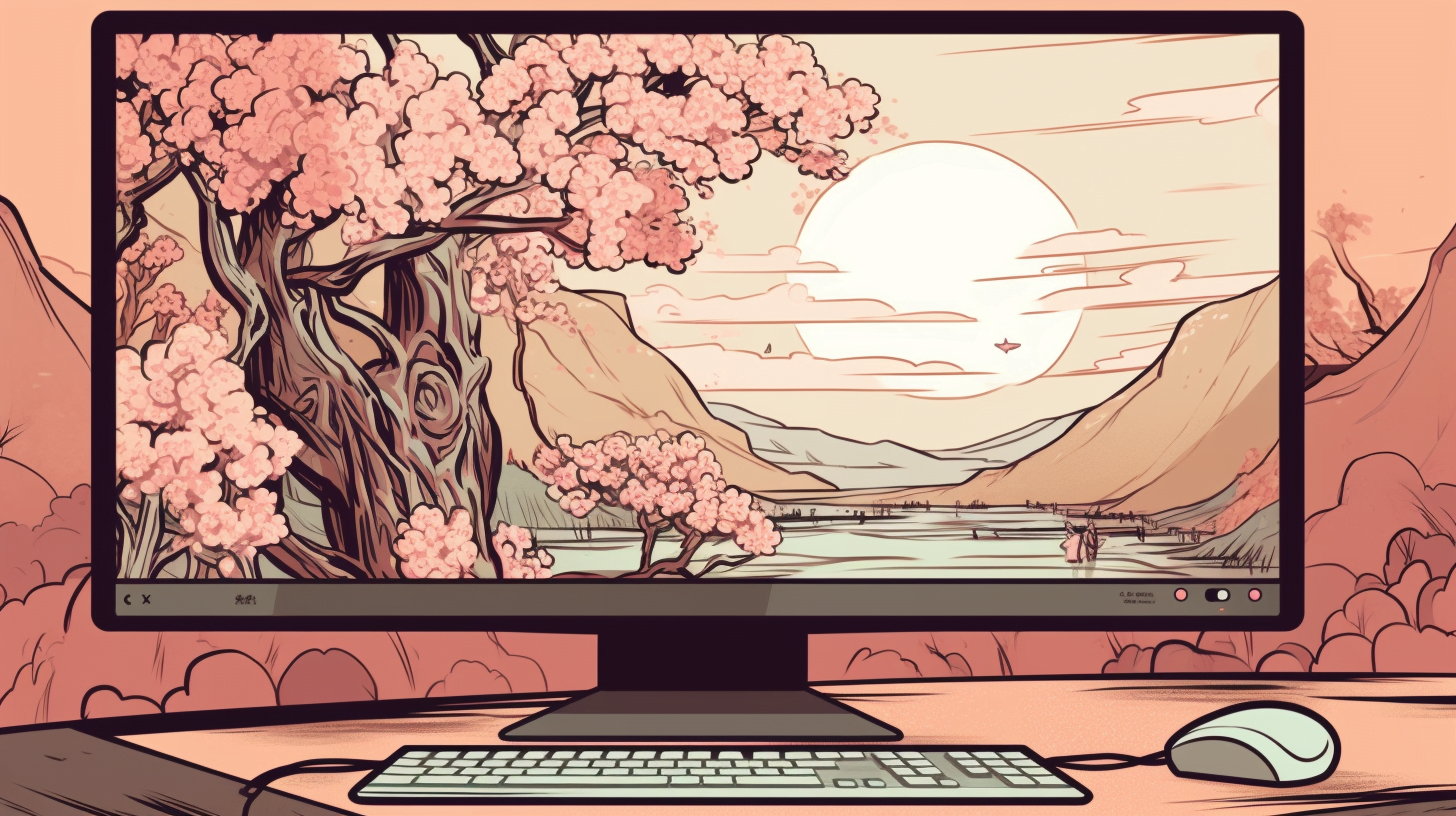Award-winning author wrote "about 5 percent" of her book using ChatGPT

Key Points
- Rie Kudan, winner of Japan's prestigious Akutagawa Prize, admits that about 5% of her novel "Tokyo-to Dojo-to" was written by ChatGPT, a generative AI.
- Kudan uses the AI as a source of inspiration and confides in it her deepest thoughts, which she cannot discuss with anyone else. ChatGPT's responses have occasionally inspired dialogue in her novel.
- Unlike artists who sue AI companies, Kudan sees AI as a complement to human abilities and wants to maintain "good relationships" with AI in the future and develop her creativity in coexistence with AI.
The winner of Japan's most prestigious literary award, Rie Kudan, has admitted that she wrote about "five percent" of her futuristic novel using ChatGPT.
According to Kudan, the generative AI helped her realize her potential. Her novel "Tokyo-to Dojo-to" ("Sympathy Tower Tokyo") won the biennial Akutagawa Prize on Wednesday.
Set in a futuristic Tokyo, the book is about a high-rise prison and the architect's intolerance of criminals. AI is a recurring theme in the novel.
The 33-year-old author openly admits that AI had a strong influence on her writing process. "I made active use of generative AI like ChatGPT in writing this book," she said at the awards ceremony. She estimates that she lifted about five percent of the book verbatim from AI-generated sentences.
Inspiring AI
Kudan also seems to use AI as a muse, a tool to complement her writing: In addition to her creative work, she says she often engages with AI, confiding in it her innermost thoughts that she "can never talk to anyone else about."
ChatGPT's responses occasionally inspired dialogue in her novel. In the future, she would like to maintain "good relationships" with AI and develop her creativity in coexistence with AI.
Kudan's position shows a different perspective on generative AI than that of some artists who are suing AI companies, fearing that their past work is feeding AI systems that will render their future work worthless. Plaintiffs include well-known authors such as John Grisham, Jodi Picoult, and Game of Thrones author George RR Martin, as well as the Authors Guild.
Famed horror author Stephen King shares Kudan's view of AI as a complement to human skills. AI systems are no better than their training material and are unable to produce truly creative moments. Humans are still needed for that, said King, who doesn't feel threatened by AI systems trained on his work.
AI News Without the Hype – Curated by Humans
As a THE DECODER subscriber, you get ad-free reading, our weekly AI newsletter, the exclusive "AI Radar" Frontier Report 6× per year, access to comments, and our complete archive.
Subscribe now